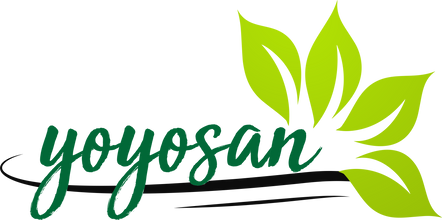definition
Lactobacillus kedongensis is a type of bacteria that occurs naturally and is found in some foods such as yogurt, sauerkraut, and fermented beverages. It is a probiotic bacterium that is considered beneficial to human health.
source in food
Lactobacillus kedongensis can be found in a variety of foods, including yogurt, sauerkraut, fermented beverages, and fermented milk products.
Recommended daily intake
There is no specific recommended daily intake of Lactobacillus kedongensis. However, it is recommended that people who strive for a healthy diet and lifestyle get a variety of probiotic bacteria in their diet.
Advantages
According to the European Food Safety Authority (EFSA), the following benefits of Lactobacillus kedongensis in maintaining a healthy immune system can be observed:
- Support of the immune system
- improve gut health
- improve digestion
- Improving the absorption of nutrients
problems due to shortage
A deficiency in Lactobacillus kedongensis can lead to reduced immune function and an increased susceptibility to infections.
possible side effects
Rarely, Lactobacillus kedongensis can cause side effects, including abdominal pain, nausea, diarrhea, and gas.
Interactions with other dietary supplements or medications
There are no known interactions of Lactobacillus kedongensis with any other dietary supplement or medication.



